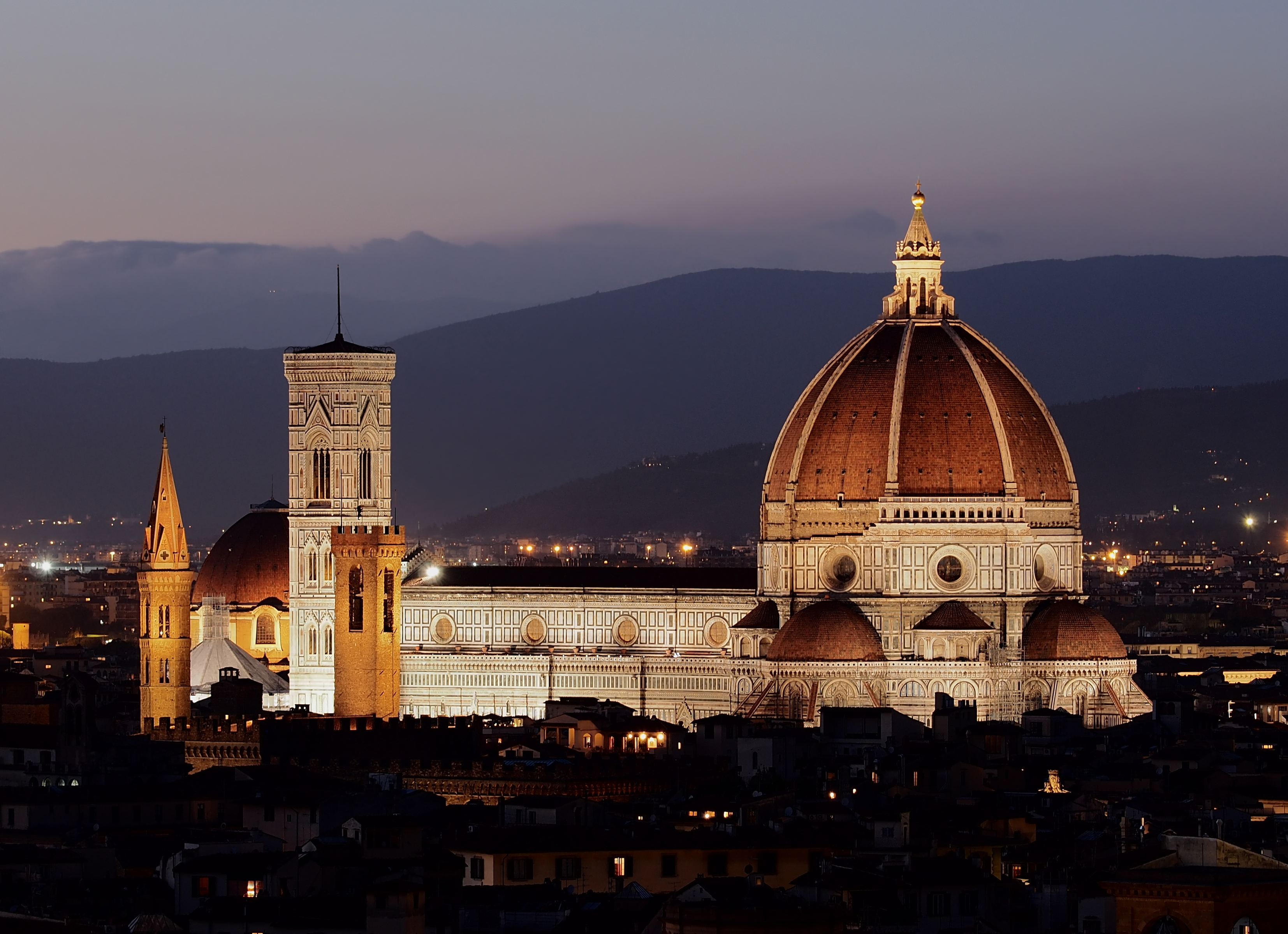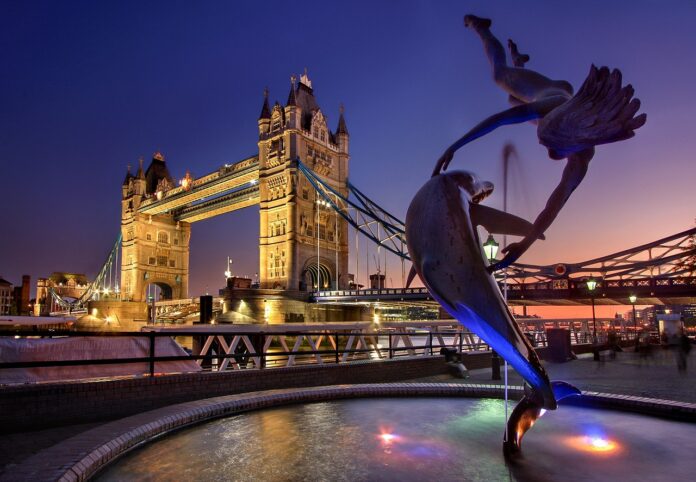Europe is home to some of the most stunning and mesmerizing sites that have been recognized by UNESCO as World Heritage Sites. The heritage sites showcase Europe’s rich history, culture, and art. In this article, we will take a detailed look at the top 10 UNESCO World Heritage Sites in Europe.

Acropolis, Athens, Greece
Acropolis, located on a hilltop overlooking Athens, is one of the most famous ancient heritage sites in the world. The site contains several temples, including the iconic Parthenon, which was built in honor of the goddess Athena.

The Acropolis was constructed in the 5th century BCE and has played a significant role in shaping Western architecture. The site underwent extensive restoration in the 20th century, and visitors can marvel at the well-preserved structures and sculptures.

Historic Centre of Florence, Italy
The Historic Center of Florence is a cultural hub located in the heart of Tuscany. The city is renowned for its stunning Renaissance architecture and artworks, including the famous statue of David by Michelangelo.

The historic center is also home to several iconic landmarks, such as the Cathedral of Santa Maria del Fiore, the Uffizi Gallery, and the Ponte Vecchio. Visitors can wander through the narrow streets, admire the beautiful architecture, and soak up the vibrant atmosphere of this charming city.

Palace of Versailles, France
The Palace of Versailles is a grandiose palace located just outside Paris that served as the primary residence of the French kings from the 17th to the 18th centuries. The palace is a masterpiece of French Baroque architecture and contains over 2,300 rooms, including the famous Hall of Mirrors.

The palace also boasts stunning gardens that cover over 800 hectares and feature fountains, sculptures, and picturesque lakes. Visitors can explore the palace and gardens and immerse themselves in the opulent lifestyle of the French monarchy.

Old City of Dubrovnik, Croatia
The Old City of Dubrovnik is a fortified city located on the Adriatic Sea. The city was an important commercial hub during the 15th and 16th centuries and has retained its charm and beauty to this day.

The old city contains several historic buildings and landmarks, such as the Rector’s Palace, St. Blaise Church, and the Franciscan Monastery. Visitors can take a walk around the ancient walls that encircle the city and enjoy the stunning panoramic views over the sea and surrounding landscape.

Historic Areas of Istanbul, Turkey
Istanbul, situated at the crossroads of Europe and Asia, is steeped in history and culture. The city served as the capital of several empires, including the Byzantine and Ottoman Empires, and is home to several iconic landmarks.

The historic areas of Istanbul, recognized by UNESCO as a World Heritage Site, contain several important monuments, such as the Hagia Sophia, the Blue Mosque, and Topkapi Palace. Visitors can explore the historic streets, markets, and neighborhoods and discover the unique blend of Eastern and Western cultures.

Stonehenge, United Kingdom
Stonehenge is one of the most famous prehistoric sites in the world and has fascinated visitors for centuries. The site comprises several standing stones arranged in a circular pattern and is believed to have been built between 3000 BCE and 2000 BCE.

The purpose and meaning of the stones remain a mystery, adding to the intrigue and enchantment of the site. Visitors can learn about the history and significance of Stonehenge at the visitor center and marvel at the imposing stone structures.

Cologne Cathedral, Germany
Cologne Cathedral is a magnificent Gothic cathedral located in the heart of Cologne. The cathedral took over 600 years to build and is considered one of the most impressive examples of Gothic architecture.

The cathedral boasts stunning stained-glass windows, intricate stone carvings, and a towering spire that dominates the Cologne skyline. Visitors can climb the stairs to the top of the cathedral and enjoy panoramic views over the city.

Barcelona’s Architectural Works of Antoni Gaudí, Spain
Antoni Gaudí was a prominent Catalan architect who revolutionized modern architecture with his innovative designs and use of unconventional materials. Several of Gaudí’s architectural works in Barcelona have been recognized by UNESCO as World Heritage Sites, including the Park Guell, Casa Batlló, and the Sagrada Familia.

Visitors can marvel at the unique and whimsical designs, which reflect Gaudí’s deep love of nature and his Catholic faith.

Venice and its Lagoon, Italy
Venice is one of the most enchanting and romantic cities in the world, built on a series of islands in a lagoon. The city is renowned for its stunning architecture, art, and culture, and is home to several iconic landmarks, such as St. Mark’s Basilica, the Doge’s Palace, andthe Rialto Bridge.

Venice and its Lagoon have been recognized by UNESCO as a World Heritage Site for their unique and exceptional urban and environmental values. Visitors can explore the winding canals, take a gondola ride, and immerse themselves in the rich history and culture of this magical city.

Tower of London, United Kingdom
The Tower of London is an iconic castle located on the banks of the River Thames in central London. The tower has served many purposes throughout its 900-year history, including as a royal palace, a prison, and a place of execution.

Today, the tower is a popular tourist attraction that attracts millions of visitors every year. Visitors can explore the castle’s numerous towers, chapels, and halls and learn about the colorful history of this historic site.

Conclusion
Europe is home to some of the most breathtaking and significant heritage sites in the world. The top 10 UNESCO World Heritage Sites in Europe offer visitors a glimpse into the continent’s rich history, culture, and art. From the ancient Acropolis in Athens to the modernist works of Antoni Gaudí in Barcelona, these sites showcase the diversity and beauty of Europe’s architectural and cultural heritage. A visit to any of these sites is sure to be a memorable and enriching experience.






















